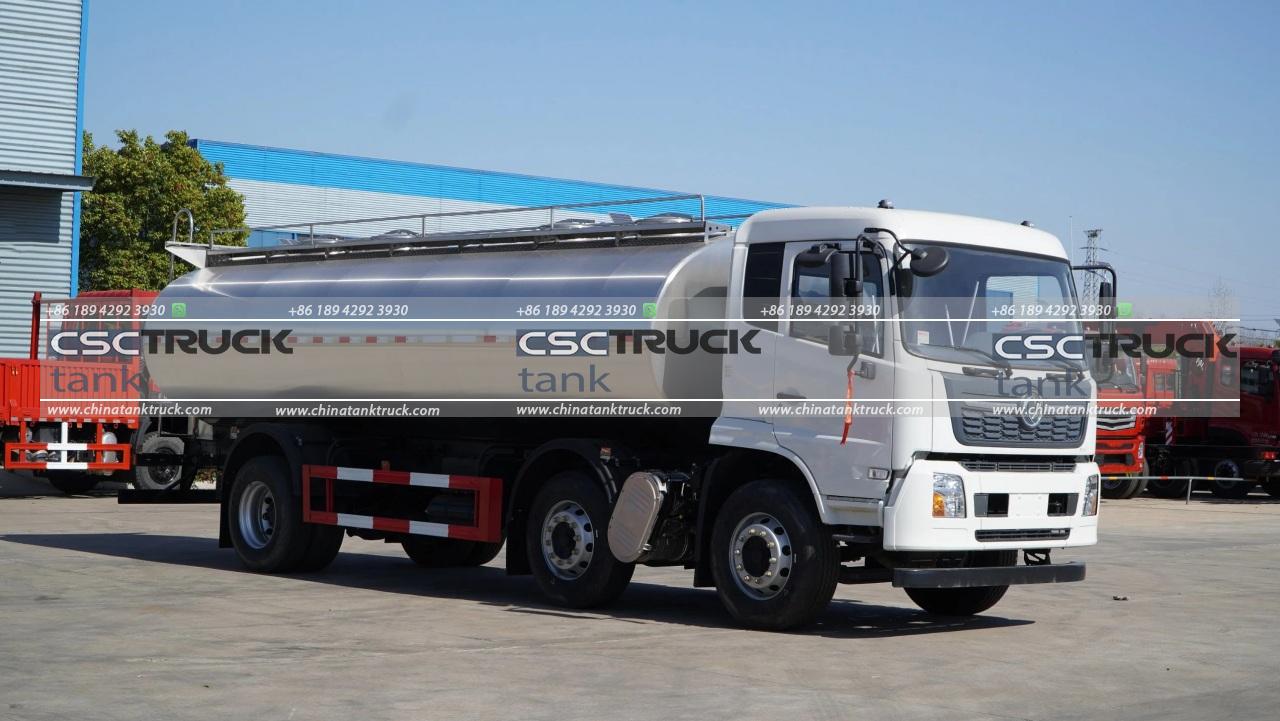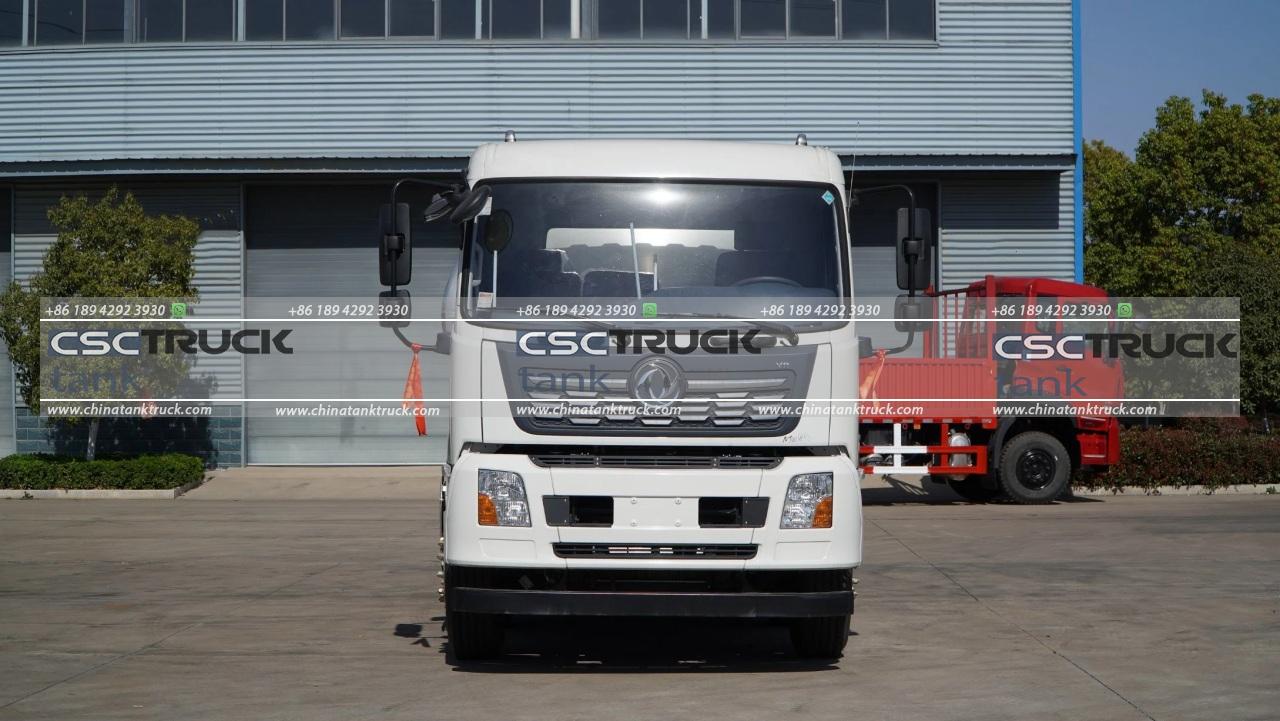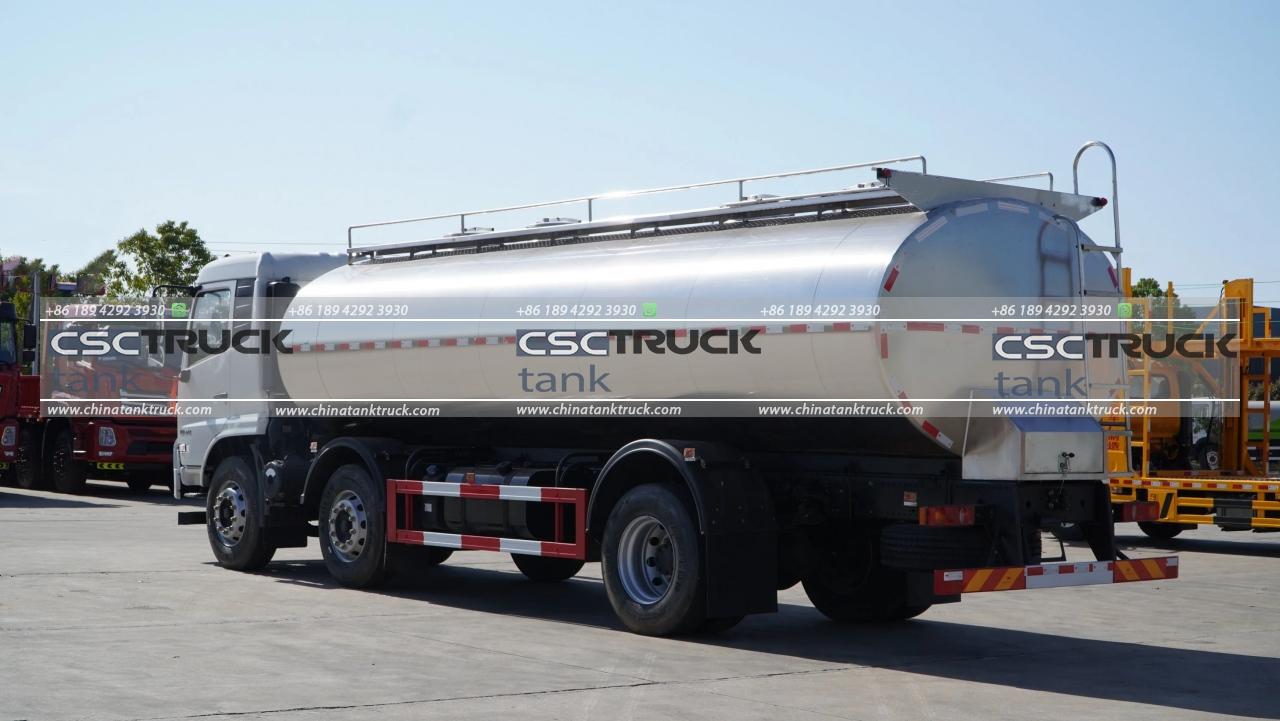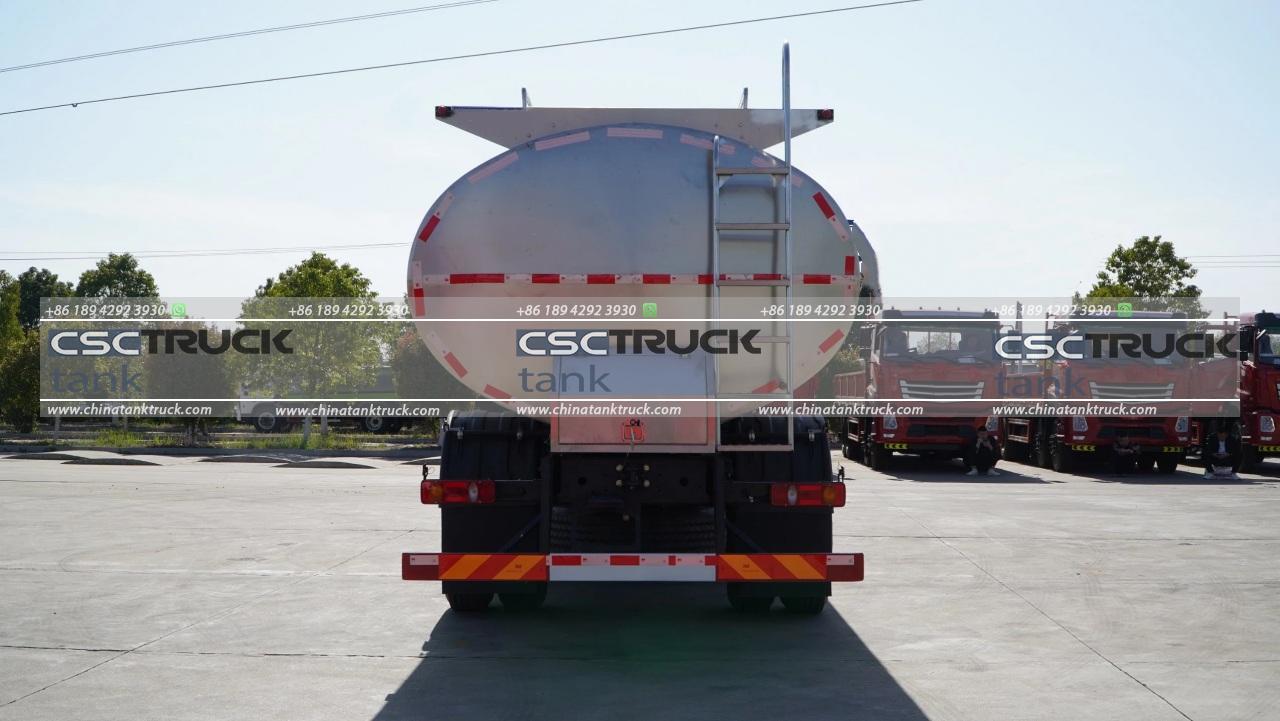The journey of milk from farm to table is a complex and carefully regulated process that ensures the product remains fresh, safe, and nutritious. Central to this journey are milk tank trucks, specialized vehicles designed for the hygienic and temperature-controlled transport of milk. These trucks play a critical role in the dairy supply chain, ensuring that milk is delivered in optimal condition from dairy farms to processing facilities, and eventually, to consumers.
The Role of Milk Tank Trucks
Milk tank trucks are specially designed for the bulk transportation of milk. They are equipped with stainless steel tanks that are both insulated and refrigerated. The primary function of these trucks is to maintain the milk at a constant, cool temperature to prevent spoilage and bacterial growth. This is crucial as milk is highly perishable and can easily be compromised by temperature fluctuations and contamination.
Hygienic Standards
One of the most important aspects of milk transport is maintaining strict hygiene standards. The design of milk tank trucks takes into account the need for cleanliness to avoid contamination. Stainless steel tanks are preferred due to their non-reactive properties and ease of cleaning. After each delivery, the tanks are thoroughly cleaned and sanitized to remove any residual milk and bacteria.
Regular maintenance and inspection of the trucks are also part of ensuring hygienic standards. The cleaning process usually involves a CIP (Clean-In-Place) system, which uses a combination of water, detergents, and sanitizers to clean the interior surfaces of the tank without the need for disassembly. This automated process ensures that the tanks are consistently cleaned to a high standard, minimizing the risk of contamination.

Temperature Control
Temperature control is another critical factor in the transport of milk. Milk must be kept at a temperature between 1°C and 4°C to maintain its freshness and prevent the growth of harmful bacteria. Milk tank trucks are equipped with advanced refrigeration systems that maintain this precise temperature range throughout the journey.
Insulation plays a key role in maintaining temperature. The tanks are typically constructed with a double-walled design, with an insulating layer in between. This helps to minimize the influence of external temperatures on the milk inside the tank. Additionally, some trucks are equipped with temperature monitoring systems that provide real-time data on the temperature inside the tank. This allows drivers to ensure that the milk remains within the safe temperature range at all times.
Technological Advancements in Milk Tank Trucks
Over the years, technological advancements have significantly improved the efficiency and reliability of milk transport. Modern milk tank trucks are equipped with a range of technologies that enhance their performance and ensure the safety of the milk they carry.
GPS and Route Optimization
Many milk tank trucks are now equipped with GPS and route optimization systems. These technologies help to ensure that the trucks take the most efficient routes, reducing travel time and fuel consumption. This is particularly important for maintaining the freshness of the milk, as shorter travel times mean less risk of temperature fluctuations and spoilage.

Real-Time Monitoring
Real-time monitoring systems provide drivers and dairy companies with up-to-the-minute information on various parameters such as temperature, humidity, and location. These systems can alert drivers if there are any deviations from the set temperature range, allowing for immediate corrective actions. This continuous monitoring ensures that any issues can be quickly addressed, minimizing the risk of compromised milk quality.
Automated Loading and Unloading
The process of loading and unloading milk into and out of the tank is now largely automated. Automated systems help to reduce the risk of contamination by minimizing human contact with the milk. These systems also ensure that the milk is transferred quickly and efficiently, further reducing the time it spends outside of a controlled environment.
Regulatory Compliance
The transport of milk is subject to stringent regulations to ensure its safety and quality. These regulations cover various aspects of milk transport, including the design and maintenance of the trucks, hygiene standards, and temperature control.

Food Safety Standards
Milk tank trucks must comply with national and international food safety standards. These standards dictate the materials that can be used in the construction of the tanks, the cleaning procedures that must be followed, and the temperature range that must be maintained during transport. Compliance with these standards is essential for ensuring that the milk remains safe for consumption.
Driver Training and Certification
Drivers of milk tank trucks must undergo specialized training to ensure that they understand the importance of hygiene and temperature control. They are trained in the proper procedures for loading, transporting, and unloading milk, as well as the maintenance of the refrigeration and cleaning systems. Certification programs help to ensure that drivers are competent and knowledgeable about the specific requirements of transporting milk.
The Importance of Milk Tank Truck Services
Milk tank truck services are vital to the dairy industry. They provide a reliable and efficient means of transporting milk from farms to processing facilities, ensuring that it arrives in the best possible condition. Without these specialized services, it would be much more difficult to maintain the quality and safety of milk throughout the supply chain.

Supporting Dairy Farmers
For dairy farmers, milk tank truck services are essential. These services allow farmers to focus on producing high-quality milk without having to worry about the complexities of transport. Reliable transport services help to ensure that the milk is collected promptly and delivered to processing facilities without delay, which is crucial for maintaining its freshness and quality.
Ensuring Consumer Safety
For consumers, the safety and quality of milk are paramount. Milk tank truck services play a crucial role in ensuring that the milk that reaches the supermarket shelves is fresh, safe, and free from contamination. By maintaining strict hygiene standards and precise temperature control, these services help to protect public health and maintain consumer confidence in dairy products.
Conclusion
Milk tank truck services are an indispensable part of the dairy supply chain. They ensure the hygienic and temperature-controlled transport of milk, maintaining its quality and safety from the farm to the processing facility and, ultimately, to the consumer. With the help of advanced technologies and strict regulatory compliance, these services continue to support the dairy industry and ensure that consumers can enjoy fresh, safe, and nutritious milk.

